Empowering Communities: The Answer to Veteran Suicide Prevention?
The Veterans Affairs (VA) has extended its reach beyond traditional facilities, aiming to incorporate services within the broader community. This strategy is particularly vital when it comes to the sensitive issue of veteran suicide prevention. While the VA provides extensive services nationwide, there remains a significant need for improvement in terms of outreach effectiveness and the tangible impact on veterans’ lives.
Critical Analysis of VA’s Outreach Initiatives
The VA’s initiative to reach veterans outside its direct services is commendable, as suicide prevention requires a multifaceted approach. However, the current outreach strategies need to be more robust and effective. The VA must enhance its engagement with local communities, ensuring that programs are not only accessible but also resonate deeply with veterans’ needs. This involves not just spreading awareness but also providing actionable support that veterans can use in their daily lives.
The Integral Role of Suicide Prevention Coordinators (SPCs)
SPCs play a critical role in the VA’s suicide prevention framework, tasked with bridging the gap between VA services and community needs. However, the impact of their efforts often varies significantly across different regions. For a more unified and impactful approach, SPCs should seek to establish deeper, ongoing relationships with community organizations, veterans’ groups, and healthcare providers. Their mission should extend beyond occasional outreach to consistent, meaningful collaborations that address the root causes of veteran distress.
Overcoming Barriers: A Path Forward
Veterans seeking help from the VA often encounter complex bureaucracies and red tape, which can exacerbate feelings of isolation and helplessness. The VA must streamline its processes, making them more transparent and user-friendly. This includes simplifying the enrollment process, making therapy and support groups more accessible, and ensuring that veterans understand the full range of available resources.
Beyond Promotional Materials: Providing Real Solutions
While distributing educational materials and promotional items is a standard practice, these should be part of a larger, more comprehensive strategy. The distribution of these items must be accompanied by efforts to address the real barriers veterans face, such as transportation issues, lack of internet access, or unfamiliarity with digital tools. Providing practical solutions to these problems can significantly enhance the effectiveness of suicide prevention measures.
Cultivating Productive Partnerships for Effective Support
The call for local organizations to partner with the VA’s SPCs is a step in the right direction. However, the success of these partnerships should be measured by the tangible outcomes they produce for veterans. Effective collaboration requires more than formal agreements; it demands a shared commitment to understanding and addressing the unique challenges faced by veterans. These partnerships should aim to create a supportive ecosystem that extends beyond the VA’s walls, offering a network of support that veterans can rely on.
Looking Forward: A Call for Comprehensive Improvement
The VA’s efforts in suicide prevention are foundational to supporting our nation’s veterans. However, for these efforts to be truly effective, they must be part of a larger, more comprehensive strategy that prioritizes the well-being of veterans at every level. This includes not only preventing suicide but also addressing the underlying issues that contribute to veteran distress, such as PTSD, substance abuse, and economic instability.
In moving forward, the VA, in collaboration with community partners, must adopt a holistic, proactive approach that ensures every veteran feels supported, understood, and valued. By addressing these challenges head-on and refining its outreach and support strategies, the VA can build a more robust, effective, and compassionate system that truly serves the best interests of our nation’s heroes.
Faqs
What are Suicide Prevention Coordinators (SPCs)?
Suicide Prevention Coordinators (SPCs) are professionals positioned within the VA system who are tasked with implementing and overseeing suicide prevention strategies in their respective regions. They work closely with veterans, community organizations, and healthcare providers to disseminate information, resources, and support for suicide prevention. SPCs also facilitate training sessions, manage outreach programs, and ensure that veterans at risk of suicide receive timely and effective intervention and care.
How can I get in touch with a Suicide Prevention Coordinator?
Veterans or concerned parties can find their local SPC by visiting the VA’s website and navigating to the suicide prevention section. Here, you’ll find a locator tool to help you identify the SPC in your area. Alternatively, you can reach out to your local VA medical center and ask for the suicide prevention team or the assigned SPC.
What resources can SPCs provide to veterans and community organizations?
SPCs offer a variety of resources including educational materials on suicide prevention, information on recognizing the signs of suicide risk, best practices for safe storage of medications and firearms, and details about local and national support services. They can also provide materials for VA S.A.V.E. training, which teaches individuals how to act in a crisis to help someone who might be at risk for suicide.
How can local organizations collaborate with SPCs?
Local organizations can collaborate with SPCs by hosting joint events, disseminating VA-provided suicide prevention materials, and facilitating discussions about mental health and suicide prevention within the veteran community. Organizations interested in partnering can contact their local SPC to explore opportunities for collaboration and community engagement.
Are there specific programs targeted towards particular groups of veterans?
Yes, the VA recognizes that different groups of veterans may have unique needs and risks associated with suicide. Therefore, there are specialized programs and resources for women veterans, LGBTQ+ veterans, those struggling with homelessness, and other subgroups. SPCs can provide information and direct veterans to these targeted programs to ensure they receive the most relevant and effective support.
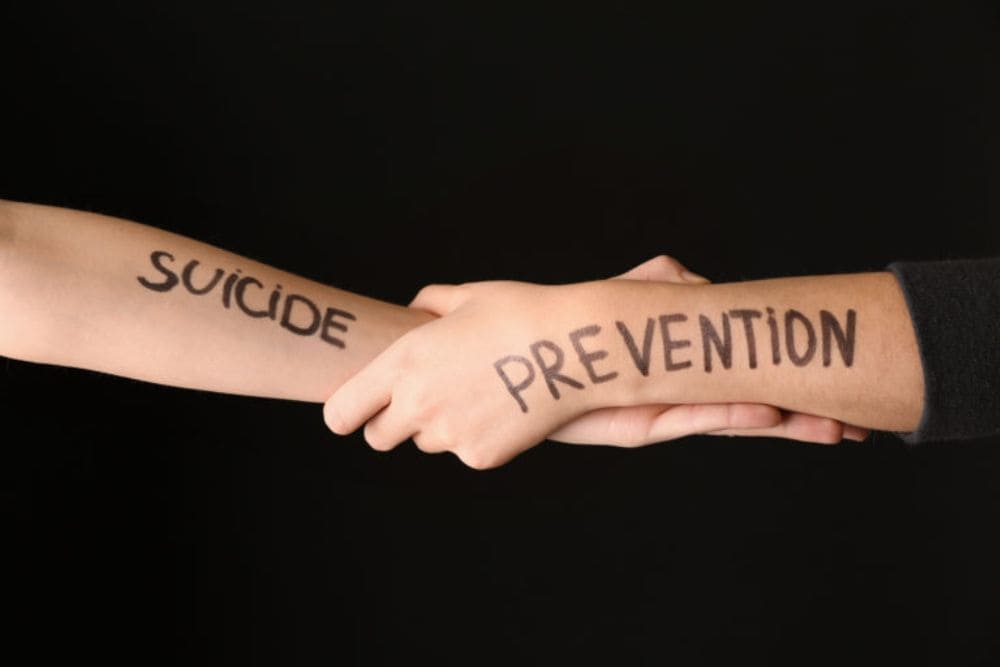
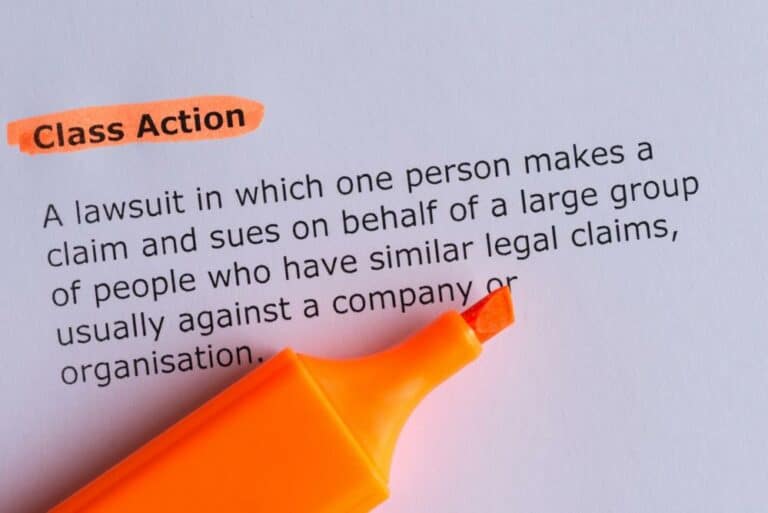
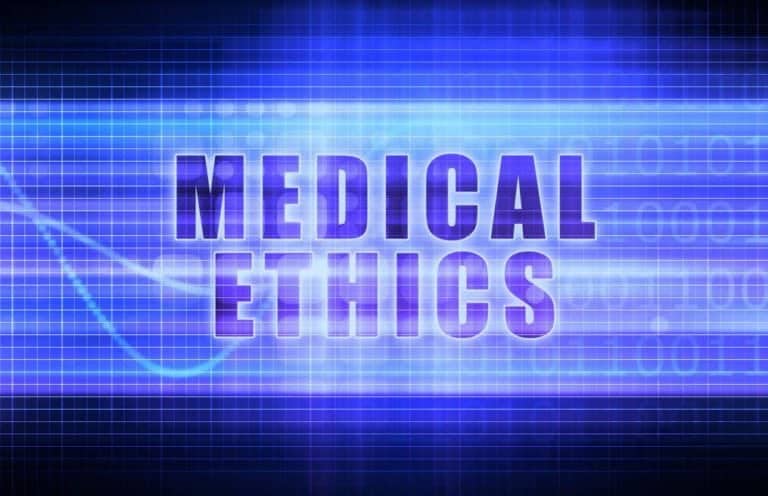
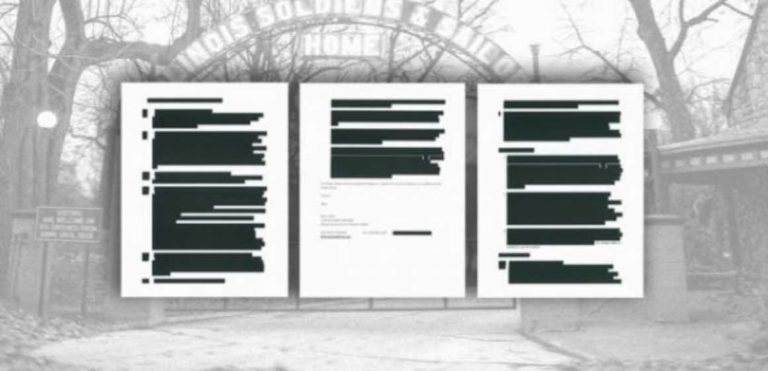

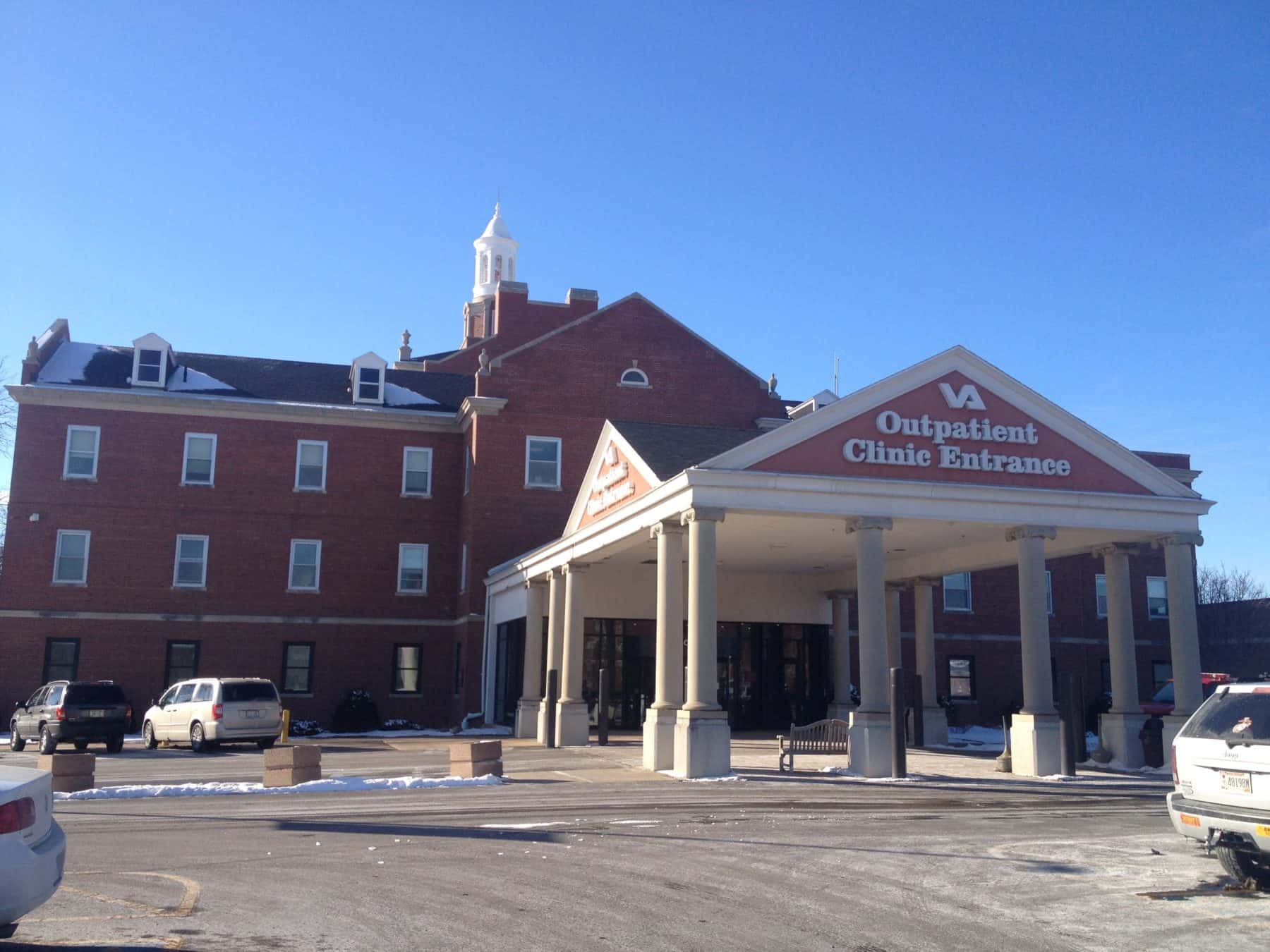
History has proven that non bureaucratic (NFP/community based) Veterans Service Centers (VSCs) are what works. See the nationwide network of Veterans Information & Assistance Centers locally created in the 1940s, and the same model recreated in the 1970s (SEAVAC, VSCs, FOD, PAVE, Project Return, Swords, etc). We helped the VA create the Vet Centers (VCs) in 1979/80, but the VA would not allow us to create multi service center VCs at the time. Its way past time to create independent multi service VSCs that can reach into communities and, into VA RO and MC decision makers.
Had a LCSW at VA ask me one time if I believed in heaven and hell. She didn’t say God for a reason. I said yes. She was a mental health worker so safe to assume she was implying that I had a mental health problem or had been abused if I believe those things. So really just flagrant constitutional rights violations happening there all the time along with the denial of care which should also be against the law since VA is responsible for providing care as established by Congress. Then they had the red flag scandal which I’m sure continues to this day. I guess character assassination, libel, and defamation is legal for them because they’re government. Never understood that. How can someone get a job interview, get a job somewhere, and be legally protected from the consequences of all kinds of rights violations and abusive behavior. Seems like this country would want to hold their officials and official institutions to a higher standard instead of a lower one. Whoever heard of the government being immune from legal action from constitutional rights violations? Well that’s what’s going on! Most everyone else in society abiding by the constitution but not the federal government workers. That’s a license to violate constitutional rights apparently.
Answer to veteran suicide is heathcare and benefits. We got the benefits..so where is the healthcare? Let’s get euthanasia approved at VA while we wait for the healthcare. We know it’s coming any decade now… just not this one. Let’s get real, get euthanasia going, and take that talking point out of the game until we get healthcare going.
What is going on, the new band wagon surfaces. This suicide prevention stuff is BS the only reason for it is to get some group, money or to make themselves feel good while their actions produce nothing beneficial for a veteran. Just like this crap the yellow ribbons, that makes the family perhaps feel something, but what.
The revolting comment idiots make ” THANK YOU FOR YOUR SERVICE”, that has become another comment people rattle out of their mouths but their actions towards veterans proves otherwise.